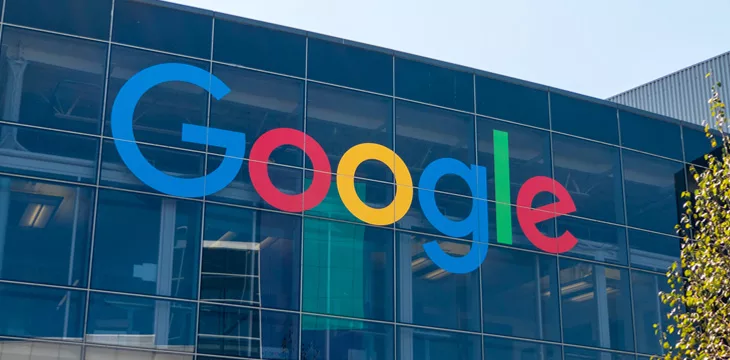|
Getting your Trinity Audio player ready...
|
Google (NASDAQ: GOOGL) has rolled out Privacy Sandbox to 97% of its users as it seeks to join Apple (NASDAQ: AAPL) and Mozilla in bidding farewell to the era of third-party browser cookies.
Privacy Sandbox is a set of tools on the Chrome browser that will offer users more control over how advertisers gather their browsing data and use it to serve them ads. It replaces cookies with Topics, which are general summaries of your browsing behavior that advertisers—with your consent—can tap to serve you personalized ads.
The topics are stored locally, and you get to choose which topics are used to personalize your ads. Google won’t have access to this data, at least not in a way that identifies you personally. All that the company and advertisers will know is that there’s a person on the other side interested in certain topics.
“We’ve taken this approach because we believe it is vital to both improve privacy and preserve access to information, whether it’s news, a how-to-guide, or a fun video,” commented Anthony Chavez, the Privacy Sandbox VP.
Google debuted the Privacy Sandbox in 2019, joining other browser giants in ending the use of tracking cookies. However, the company has been the slowest in killing cookies off. Mozilla’s Firefox browser turned them off in 2019, with Apple’s Safari following suit a year later.
“Without viable privacy-preserving alternatives to third-party cookies, such as the Privacy Sandbox, we risk reducing access to information for all users, and incentivizing invasive tactics such as fingerprinting,” Chavez added.
The new cookie-killing model is now available to 97% of Chrome users, and Chavez says the rest will be onboarded by the end of the year. Google will completely turn off tracking cookies next year.
The death of the cookie
Privacy Sandbox and other similar tools are finally ridding the internet of the three-decade menace that is third-party cookies. These cookies are somewhat of a spy that relay all your online activities to entities that then bombard you with personalized ads.
However, the search engine giant’s approach has been widely criticized. The Electronic Frontier Foundation says Google is replacing an old problem with a new one. It believes that this new model will also exacerbate issues such as predatory advertising and discrimination.
The Movement for an Open Web also criticized the move, saying it’s monopolizing the market even further.
“No one would accept all food retailers closing the home baking aisle and forcing everyone to buy their own brand of bread. Why would anyone accept Google and Apple’s identical behavior in digital markets?”
Regardless of where you stand on the Privacy Sandbox, we can all agree that the death of the cookie has been a long time coming and is fully deserved. However, there remain several other vulnerabilities in the current internet model that only blockchain technology can solve.
The BSV blockchain is the leader in this field, with dozens of tools and platforms that give power back to the users by handing them ownership of their data. In a world where tech giants collect and monetize user data to mint trillions of dollars every year, BSV blockchain flips this model on its head and allows users to own and monetize this data at will.
On LaMint, Bitsurf, and Twetch, users get to earn for their social media posts. Gone are the days of giving away all your funny memes and intellectual musings to X, Instagram, Facebook (NASDAQ: META), and other platforms and getting nothing in return as you suffer through the unending ads. Content creators can earn money through platforms like Paper, which allows users to receive micropayments for paywalled content.
With the BSV blockchain, users finally have control over the internet. Micropayments, which are embedded into the network, will rid the internet of data harvesting and allow users to make tiny payments to use various services, from search engines to social media platforms and any other tool or service.
From the Internet to Bitcoin: The Digital Ledger to Advance the World’s Technology Infrastructure

 08-05-2025
08-05-2025 





